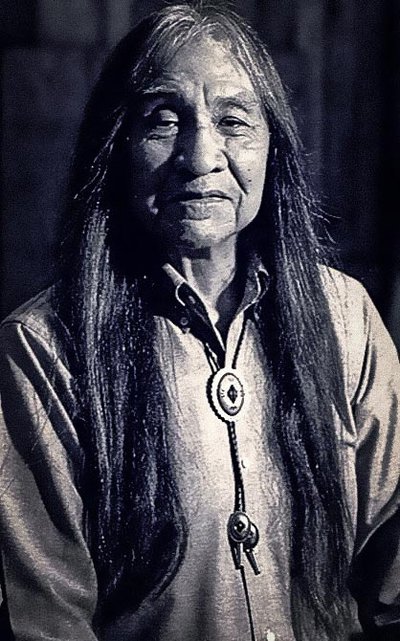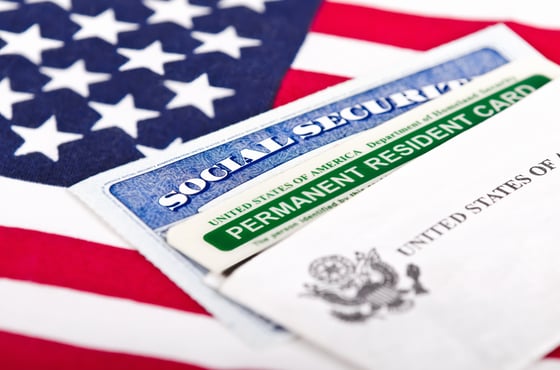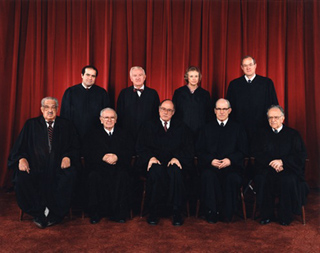Reference




OpenAI's Answer
Key Issues in Employment Division v. Smith (1990):
-
Free Exercise Clause: The central issue was whether the denial of unemployment benefits to individuals who were dismissed from their jobs for ingesting peyote, a controlled substance, during religious ceremonies, violated their First Amendment right to the free exercise of religion. The case involved two members of the Native American Church, Alfred Smith and Galen Black, who argued that their sacramental use of peyote should be protected.
-
State Law vs. Religious Practices: The Supreme Court had to determine the balance between state law prohibiting drug use and individual rights to religious freedom. Oregon's law considered the ingestion of peyote to be illegal, without exemptions for religious use.
-
Impact on Employment Benefits: The ruling also examined whether the state could deny unemployment benefits to individuals terminated for engaging in behavior that violated state law, even if such behavior was part of religious practice.
-
Standard for Evaluating Free Exercise Claims: The Court ultimately decided that neutral, generally applicable laws do not violate the Free Exercise Clause, even if they have incidental effects on religious practices. This significantly lowered the standard for the government to justify laws affecting religious practices, from the previous standard that required showing a compelling governmental interest.
For more details, you can refer to the Oyez Project summary.


These images feature Alfred Smith and the Supreme Court building, respectively.